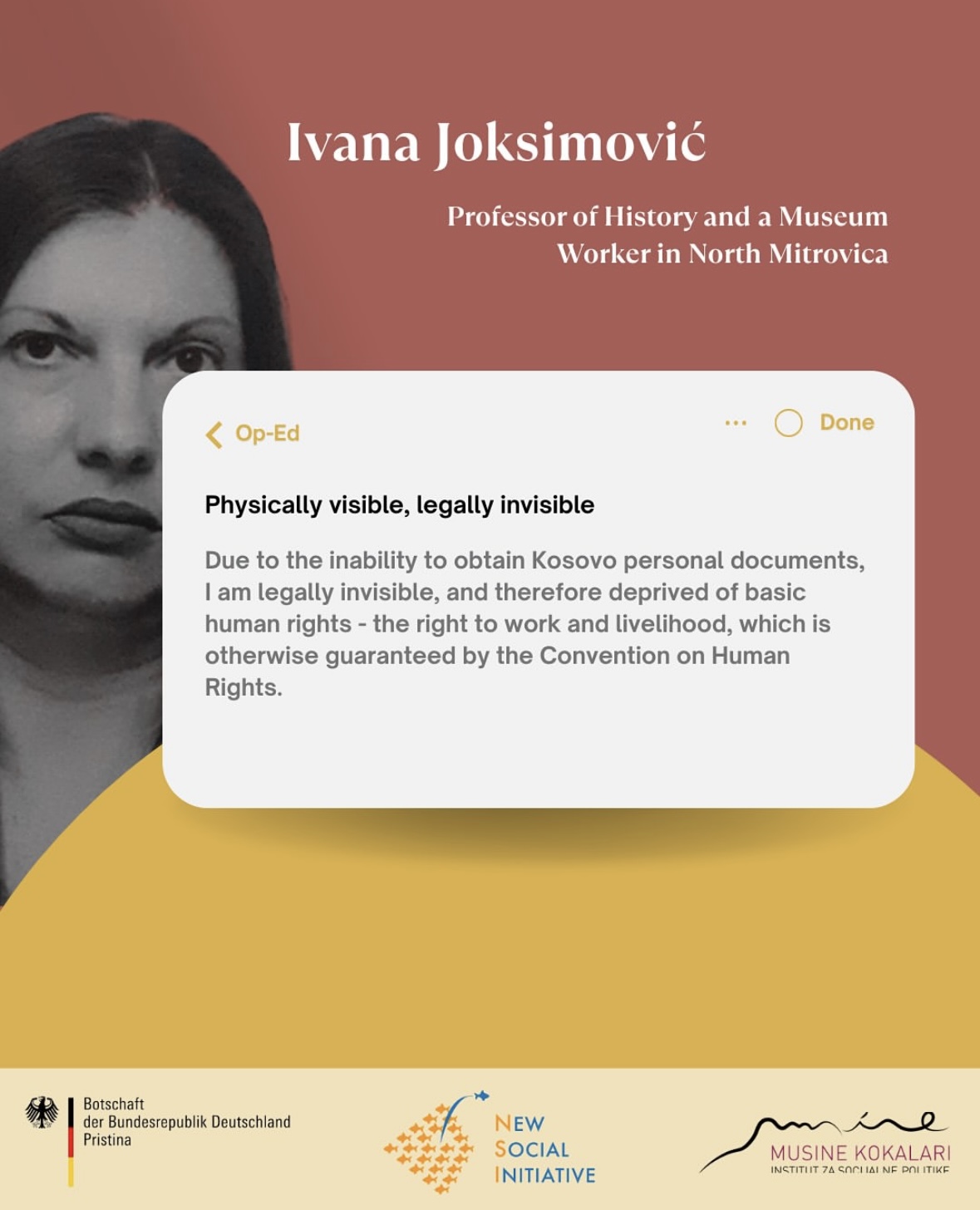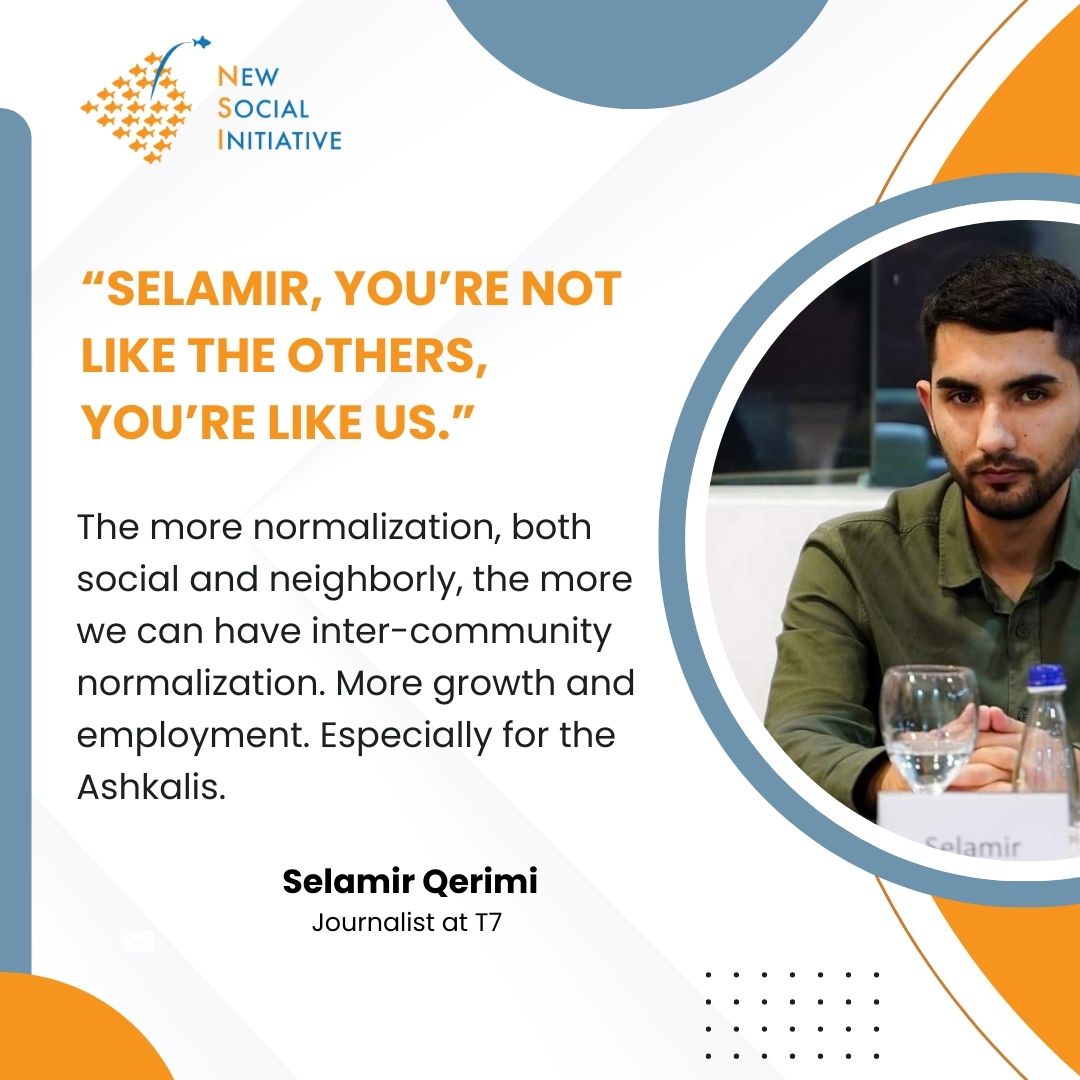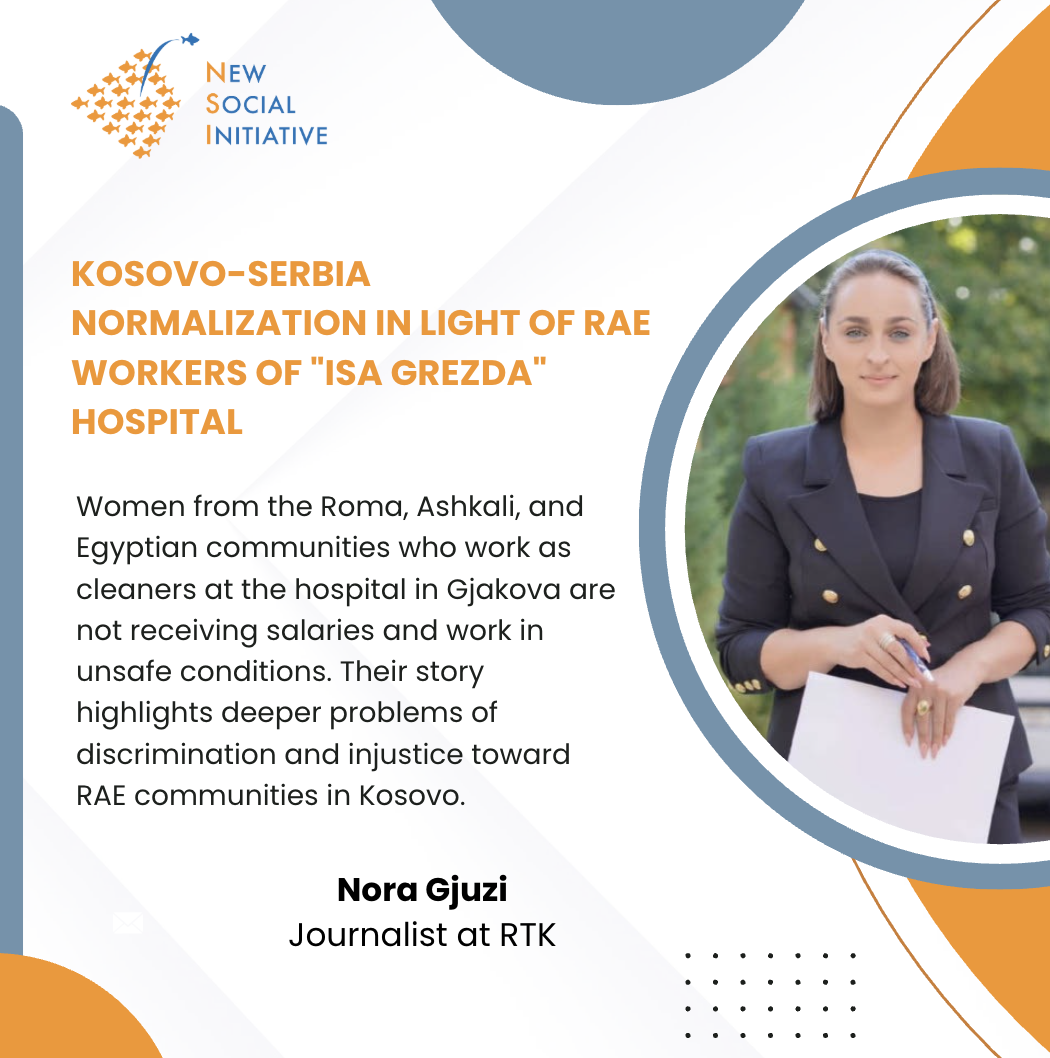On 8 February, a group of activists from Kosovo met in Gracanica for an informal discussion about the EU-led dialogue on normalization of relations between Kosovo and Serbia. The title of the discussion was “Kosovo–Serbia dialogue in the election year – How much time do we really have?”, while the working language was in English. The discussions were organized for a good quality straightforward discussion on political developments in a friendly and respectful environment.
It is the thirteenth (13!) year that I have been participating in a different capacity in various places, from various organizers, on the topic of dialogue. This time I felt like the oldtimer, most of other people were younger, yet discussing the same topic and the same process. Of course, as in all meetings of this nature, there were prepared set of questions which were aimed to guide our discussion.
But, unlike other times, this time there was a gloomy atmosphere. On 1 February, a new administrative decision by Kosovo Central Bank, which has publicly been baptized as “banning dinar”, had entered into force. It was announced on 27 December 2023. The issue became known publicly only after 15 January, when a senior Kosovo government official publicly announced that “there would be no dinar anymore”. Or something like that. And then it all began. Serbia’s leaders stated that this decision would endanger the Kosovo Serbs who receive salaries, social assistance, pensions and other financial assistance from Serbia. The EU and US demanded a transition period for enforcement of the part of the CBK regulation on banning all other financial transactions than euro. As it usually goes, the Kosovo prime minister stated that there would be no suspension of the regulation, because CBK was an independent institution and that his government cannot intervene. And there began the last clash between the Kosovo government and the West. The CBK came up with a 10 point plan to facilitate “the transition”, and extended the period to 3 months. Hopefully, a lasting solution benefiting citizens will be reached within this timeframe.
As it is usual in the Balkans, one has to turn to history. In summer 1999, the United Nations decided that Deutsche Mark would be the main currency in Kosovo, and in 2002, it became Euro. Serbia continued to finance its institutions, what were called “parallel institutions”, in Kosovo Serb settlements – “parallel municipalities”, the entire education and healthcare system, social assistance, pensions, etc.
At the heart of this crisis is not the use of currency, but the lack of comprehensive solution to accommodating the Serbs and the institutions which are financed and controlled by Serbia, within the framework of Kosovo and ensure principles of transparent financing and financial assistance of Belgrade to Kosovo Serbs.
This issue does not concern only the north of Kosovo, but the entire Kosovo Serb population, as it directly impacts salaries, pensions and social assistance to approximately 95,000 people. I believe it has also seriously negatively impacted the inter-ethnic relations is Kosovo. So the entire situation cannot be viewed through simplified lenses, or through security prism only.
I think it’s far more important to see if the government of Kosovo will come up with a comprehensive solution to the problem. It has already announced that it will come up with its own “10 points”.
We all know that much of this issue should be addressed within the context of the establishment of Association of Serb-majority municipalities. But I think it also shows that the government does not trust
the dialogue process led by Brussels. But what we need to see is that through this several-months transition period, all these complex issues, should be addressed and resolved.
Kosovo is already facing the negative consequences in the relations with the West, either through EU “sanctions” or through US public warning of the change of the quality of its relations with Kosovo and redefining of partnership with Kosovo. I personally fear the consequences of deterioration of relations, because they are existential for Kosovo.
The EU dialogue is a very challenging process, but it is the only one we have and the one to be there in the near future. If this process fails, the near future looks dark. The questions in such a case is alarming – how can peace and stability be maintained having in mind the elections for EU Parliament and the US Presidential elections? This is fundamental, as we have come to a point where status quo cannot be maintained or sustained without a determined, credible and visionary involvement of the West to close the chapter of normalisation of relations between Kosovo and Serbia.
The discussions in Gracanica ended with a dinner, where all the real topics were opened and there was that honest exchange. I wish more people heard this exchange. When it comes to life of citizens, the human dimension is – or should be – prevalent. The deafening noise produced by politicians, public debates and propaganda, makes people forget to talk to each other. And most importantly, listen to one another.











